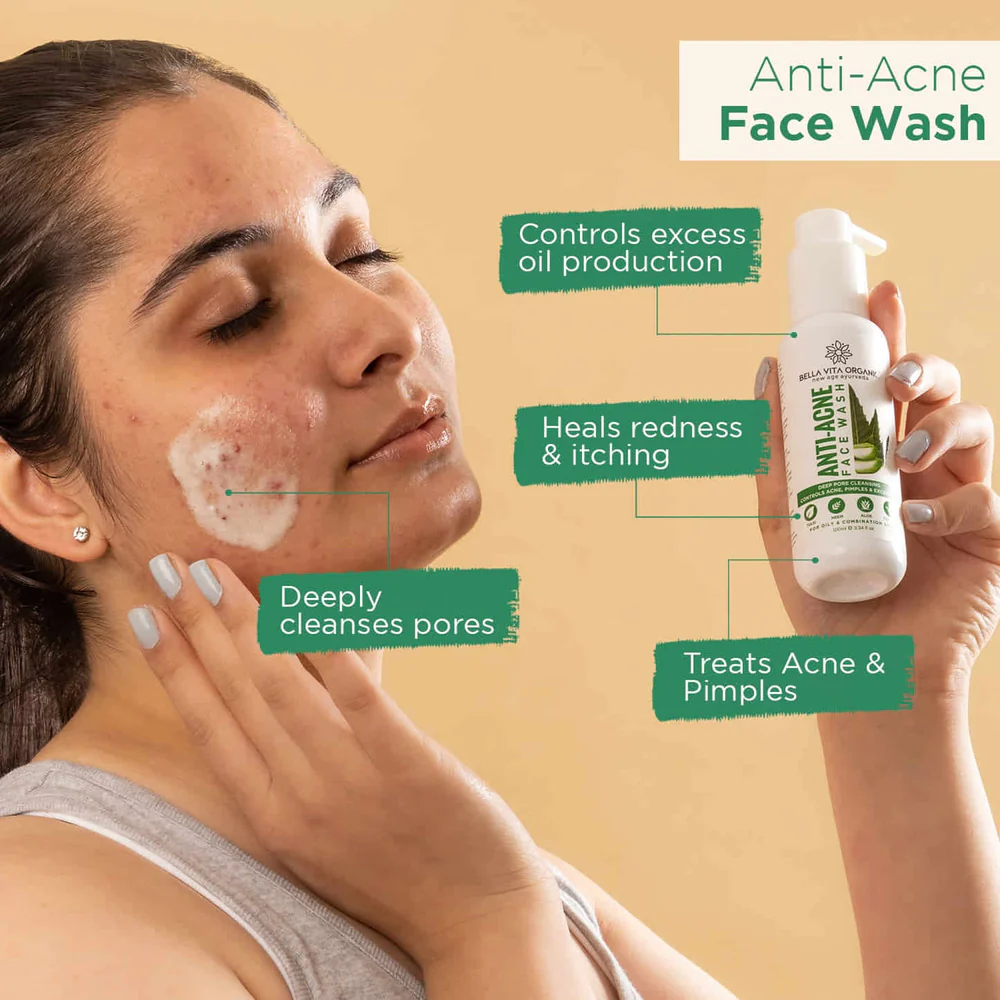Washing your face is an integral component of skincare regimen, and selecting a gentle cleanser that won’t irritate or clog pores is equally crucial.
Establish your skin type. If you suffer from acne-prone skin, look for ingredients such as ceramides and hyaluronic acid to keep it nourished and moisturized.
Salicylic Acid
Salicylic acid is an oil-soluble ingredient that penetrates skin deeply to unclog pores and remove sebum-filled debris, while also helping reduce discoloration caused by old acne scars.
Oil cleansing can be particularly useful for those with oily or acne-prone skin, as it helps break down oil build-up and dead skin cells that contribute to blackheads and whiteheads forming. Furthermore, it has also proven helpful for more serious conditions like psoriasis, eczema and keratosis pilaris by helping their thick, scaly plaques shed more easily.
When shopping for products containing salicylic acid, look for one that’s gentle yet effective. A product containing multiple Alpha Hydroxy Acids such as Lactic and Glycolic acids as well as soothing ingredients will be best. Since salicylic acid may cause skin irritation, start off slowly until reaching your ideal dose – this also applies to use near eyes or other mucous membranes.
Benzoyl Peroxide
Benzoyl peroxide kills bacteria responsible for acne pimples and unclogs pores to reduce inflammation caused by existing pimples, while at the same time helping unclog existing ones. You’ll find this effective ingredient available over-the-counter (OTC) lotions, gels and soaps in various concentrations and forms; making it a suitable treatment option for mild or moderate acne including blackheads. Although initial application may cause skin sensitivity it will eventually fade with continued usage; direct contact may stain clothes bedding or hands; best to try avoid direct contact.
People with sensitive skin should start off using products with lower concentrations and gradually increase the dosage over time. If using benzoyl peroxide-containing products, apply twice daily after cleansing the face, using gentle motions to work up a lather for 10-20 seconds after each application – avoid rubbing dry as this could cause further irritation! This product works well against all forms of acne; but especially beneficial against inflammatory acne such as red bumps or pus-filled cysts on the skin.
Glycolic Acid
Glycolic acid (AHA) is one of several alpha hydroxy acids (AHAs) widely renowned for their skin-renewing abilities, thanks to its small molecular size that allows it to penetrate skin quickly. There, its smaller molecules help break down substances binding dead cells on the surface of skin to allow for their exfoliation; making Glycolic Acid an ideal exfoliant suitable for all skin types, even sensitive ones.
Unclogging pores and extracting excess oil are also key elements in reducing acne outbreaks, while increasing skin hydration will help lessen any mild acne scarring by stimulating cell turnover and supporting cellular renewal.
Prior to using glycolic acid regularly, it’s wise to conduct a patch test and strictly abide by its recommended concentration, contact time and frequency. Overusing can cause irritation; for best results it’s wiser to gradually build tolerance with consistent use over time. For personalized advice or help regarding sensitive skin consult a dermatologist or skin care expert; products with pH levels higher than 2 may increase chances of irritation.
Tea Tree Oil
Tea tree oil (melaleuca oil) is an essential oil that has many uses as an external treatment, including acne, dandruff and nail fungus. It can also be found as an ingredient in over-the-counter skincare products like cleansers and lotions; one study even showed its efficacy against mild to moderate acne cases.
Tea tree oil, produced from the leaves of Melaleuca alternifolia plants native to Australia, can be used in an assortment of products including cleansers, toners, serums, moisturizers and oils. When applying directly, however, pure tea tree oil can cause irritation due to its potency; diluting it first is crucial for safe usage.
Select pure therapeutic-grade tea tree oil from a reliable company to ensure it will suit your skin type. Always perform a small patch test first to assess any new product for safety.




